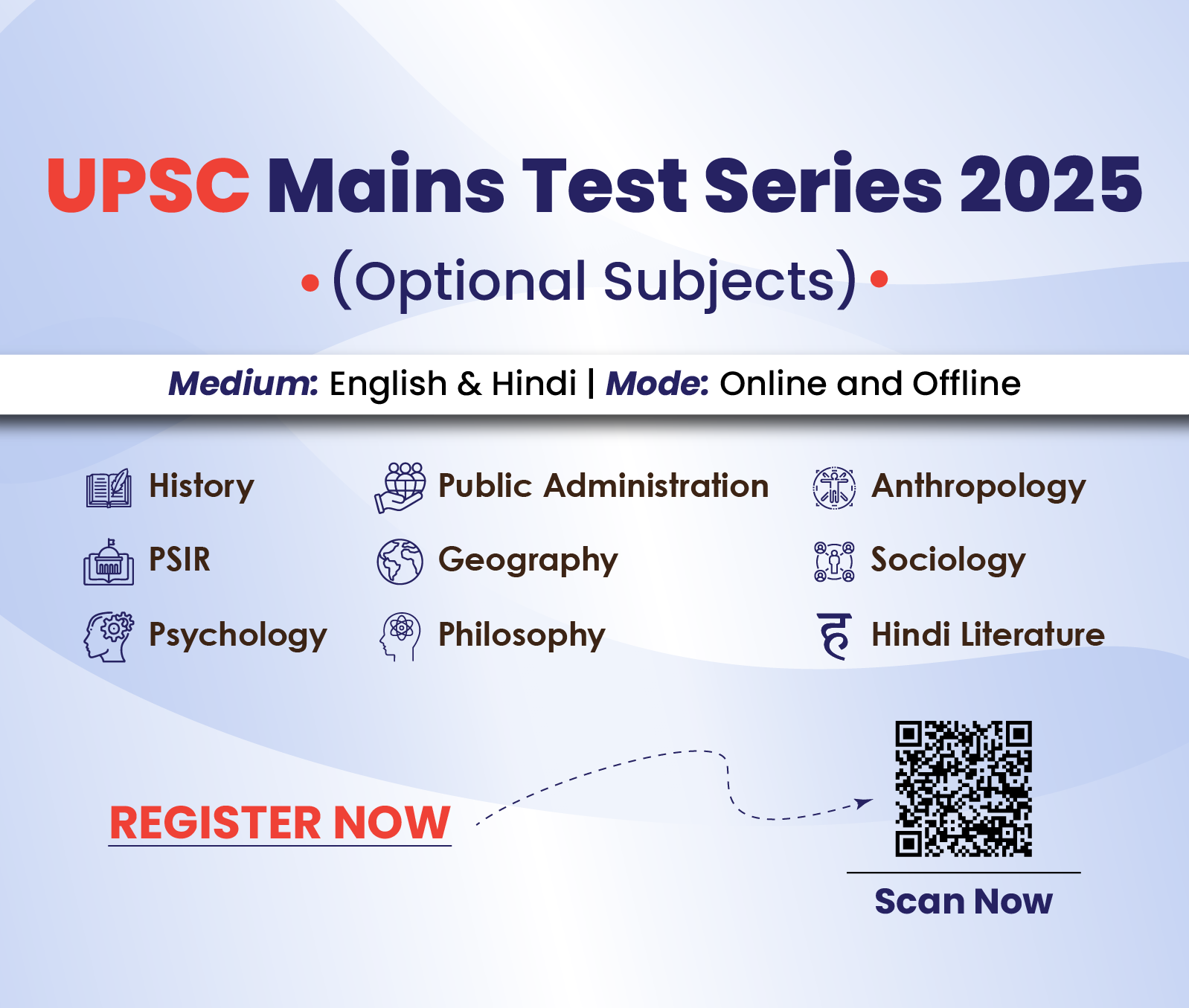Chhattisgarh Switch to Hindi
Chhattisgarh's EMRS to Receive Rs. 10 Crore Boost from CIL
Why in News?
The Ministry of Tribal Affairs (MoTA) has partnered with Coal India Ltd (CIL) to support 68 Eklavya Model Residential Schools(EMRS) in Chhattisgarh, aiming to improve education for tribal students.
Key Points
About the Partnership
- About:
- CIL will support 68 Eklavya Model Residential Schools (EMRS) in Chhattisgarh, benefiting over 28,000 tribal students.
- A total of Rs 10 crores has been sanctioned under CIL's Corporate Social Responsibility (CSR) initiatives.
- This initiative aligns with the Government's efforts under the National Education Policy (NEP) 2020, which focuses on equitable and inclusive educational opportunities for all sections of society.
- This comprehensive intervention seeks to:
- Bridge educational gaps.
- Foster career readiness and an entrepreneurial mindset.
- Empower tribal youth with the necessary tools to succeed in today's digital economy.
- Create a modern and innovative learning environment in EMRS.
- Key Interventions:
- Promotion of Digital Education: Establishment of computer labs and purchase of around 3200 computers and 300 tablets for students.
- Health and Hygiene for Girl Students: Installation of approximately 1200 sanitary napkin vending machines and 1200 incinerators in schools and hostels.
- Comprehensive Mentorship for Students: Structured mentorship programs to guide students academically and personally.
- Residential Entrepreneurial Boot Camps: Organizing boot camps at prestigious institutes like IITs, IIMs, and NITs to develop an entrepreneurial mindset.
- Implementation: The project will be carried out through the National Scheduled Tribes Finance and Development Corporation (NSTFDC), a section 8 company under the Ministry of Tribal Affairs.
About Eklavya Model Residential Schools (EMRS)
- About: EMRS is a flagship initiative launched by the Ministry of Tribal Affairs (MoTA) in 1998 to provide free, quality residential education to Scheduled Tribe (ST) students from Class VI to XII in remote and tribal-dominated areas.
- Objective: To bridge the educational gap between tribal and non-tribal populations by offering CBSE-based instruction integrated with holistic development, including sports, culture, and skill training.
- Revamp & Expansion: The scheme was revamped in 2018–19 to expand coverage.
- EMRSs are now to be established in blocks with more that 50% ST population and with at least 20,000 tribal persons with a target of 728 schools by 2026.
- Governance: EMRSs are implemented and managed by the National Education Society for Tribal Students (NESTS), an autonomous body under MoTA.
- Key Features:
- Co-educational, fully residential schools modeled on Navodaya Vidyalayas with a tribal focus.
- Follow the CBSE curriculum and provide free education along with all basic amenities.
- Infrastructure includes classrooms, labs, hostels, staff quarters, playgrounds, and cultural activity spaces.
- Each school has a capacity of 480 students with gender parity.
- Up to 10% seats may be allotted to non-ST students.
- 20% reservation under sports quota for meritorious ST students in athletics and games.
- Other Initiatives for Tribal Education
Coal India Limited
- Coal India Limited (CIL), a state-owned coal mining corporation established in November 1975, is a Maharatna company.
- It is the world's largest coal producer, contributing 80% to India's total domestic coal production.
- It operates Asia’s largest opencast coal mine at Gevra in South Eastern Coalfields Limited (SECL).
Corporate Social Responsibility
- About: Corporate Social Responsibility (CSR) refers to a company’s responsibility towards society and the environment.
- It is a self-regulating model that ensures businesses remain accountable for their impact on economic, social, and environmental well-being.
- Legal Framework: India is the first country to make CSR spending mandatory under Section 135 of the Companies Act, 2013, providing a structured framework for eligible activities.
- Applicability: CSR rules apply to companies that, in the preceding financial year, have a net worth exceeding Rs 500 crore, or a turnover of over Rs 1,000 crore, or a net profit above Rs 5 crore.
- Such companies must spend at least 2% of their average net profit of the last 3 financial years (or available years if newly incorporated) on CSR activities.







-UPPCS-English%20(web).png)
-UPPCS-English%20(mobile).png)







.jpg)









.png)





 PCS Parikshan
PCS Parikshan

